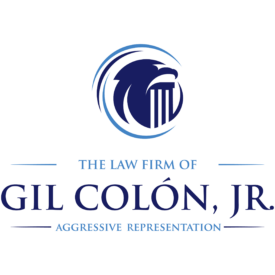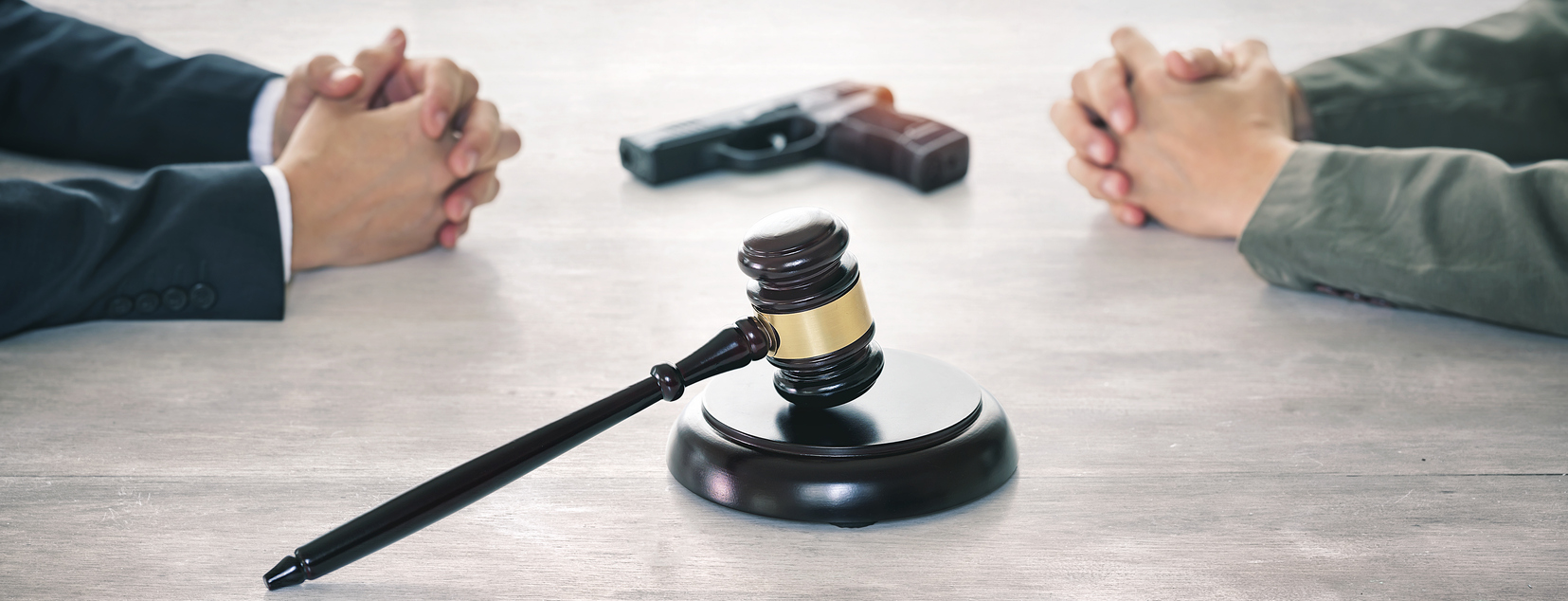What You Need to Know about Florida’s Stand-Your-Ground Law
If you live in Florida, it’s important to understand the stand-your-ground law, especially if you ever find yourself in a situation where you need to practice self-defense. The law empowers individuals to protect themselves but is also complex and often misunderstood.
What Is Florida’s Stand-Your-Ground Law?
Florida’s stand-your-ground law, Florida Statute Section 776.013, eliminates the duty to retreat before using force in certain situations. In simple terms, this means that if you’re legally allowed to be somewhere and face a threat of imminent harm, you’re not required to try to escape or retreat before defending yourself, even with deadly force. The law is based on the idea that people have the right to protect themselves without hesitating or running away when they’re in danger. However, this right also comes with certain responsibilities and limitations.
Key Elements of the Law
Reasonable Fear of Imminent Harm
For stand-your-ground to apply, you must have a reasonable fear that you’re about to suffer great bodily harm or death. What’s considered reasonable often becomes a focal point in court, as it’s partially subjective and partially based on what an average person would believe in the same situation.
Legally Allowed Location
The law only applies if you’re in a place you have the legal right to be. This could be your home, vehicle, workplace, or a public space. Stand-your-ground likely won’t protect you if you are trespassing or engaged in unlawful activity.
Proportional Use of Force
While the law allows for the use of deadly force, it must be proportional to the threat. You can’t use lethal force against someone simply for insulting you or making you uncomfortable.
Protection of Others
The law isn’t limited to self-defense. You can also invoke stand-your-ground to protect others if they face imminent harm.
Common Misunderstandings about Stand-Your-Ground
I Can Use Force Anytime I Feel Threatened.
This is a dangerous misconception. The law doesn’t give blanket permission to act violently based on fear alone. Your fear must be reasonable, and the threat must be immediate and credible.
The Law Only Applies to My Home.
While Florida’s Castle Doctrine specifically protects your home, stand-your-ground expands those rights to other locations where you’re lawfully present. This means you don’t have to retreat in a public park, a grocery store, or a car.
Stand-Your-Ground Means I’ll Avoid Arrest.
Police can still arrest you if they believe your actions don’t meet the law’s requirements. If the court finds your actions justified, the law provides immunity from prosecution.
Legal Protections for Defendants
One of the most significant features of Florida’s stand-your-ground law is its provision for immunity from criminal prosecution and civil lawsuits. This means that if the court determines your use of force was lawful, you can’t be charged with a crime or sued for damages by the other party.
Pretrial Hearings
Defendants can request a pretrial hearing to determine whether the stand-your-ground law applies to their case. During this hearing, the defendant must show that their use of force was justified. If successful, the case is dismissed, and the defendant avoids a lengthy and costly trial.
No Civil Liability
You’re also shielded from civil lawsuits if your actions are lawful under stand-your-ground. This can provide peace of mind, knowing you won’t face financial ruin after defending yourself.
When Stand-Your-Ground Doesn’t Apply
While the law offers protections, it has clear limits. Stand-your-ground won’t apply under certain circumstances. If you provoked the confrontation, you generally can’t claim self-defense. You’re unlikely to qualify for stand-your-ground protections if you were engaged in illegal activity. The law doesn’t apply to situations where the danger has passed.
Practical Tips for Defendants
If you ever find yourself in a situation where you believe stand-your-ground applies, there are steps you should follow.
Call 911 Immediately
After defending yourself, contact law enforcement as soon as possible. Provide a clear, concise account of the incident, but avoid volunteering unnecessary details before consulting an attorney.
Don’t Flee the Scene
Leaving the scene can make you appear guilty and complicate your defense. Stay put unless remaining poses a danger to your safety.
Document Everything
If possible, take photos, videos, or notes about the incident. Eyewitness accounts, security footage, and other evidence can strengthen your case.
Consult an Attorney
Even if you believe your actions were justified, navigating the legal system can be tricky. A criminal defense attorney will advocate on your behalf.
Seek Legal Help
While Florida’s stand-your-ground law provides significant protections for those acting in self-defense, it does not give anyone a free pass to use force without cause. Understanding the subtleties of the law is essential for anyone exercising their rights responsibly. If you’re involved in a self-defense case, contact an experienced attorney who can help protect your rights and build a strong defense tailored to your situation.
The Law Firm of Gil Colón, Jr. Defends Your Rights
When faced with a life-altering self-defense case under Florida’s stand-your-ground law, you need an attorney who knows how to fight for your rights and future. At The Law Firm of Gil Colón, Jr., we defend individuals who acted to protect themselves or their loved ones. From pretrial hearings to navigating complex statutes, we’ll provide the guidance you need every step of the way. Schedule a free case evaluation by calling 863-622-9602, and let us put our experience to work for you.






